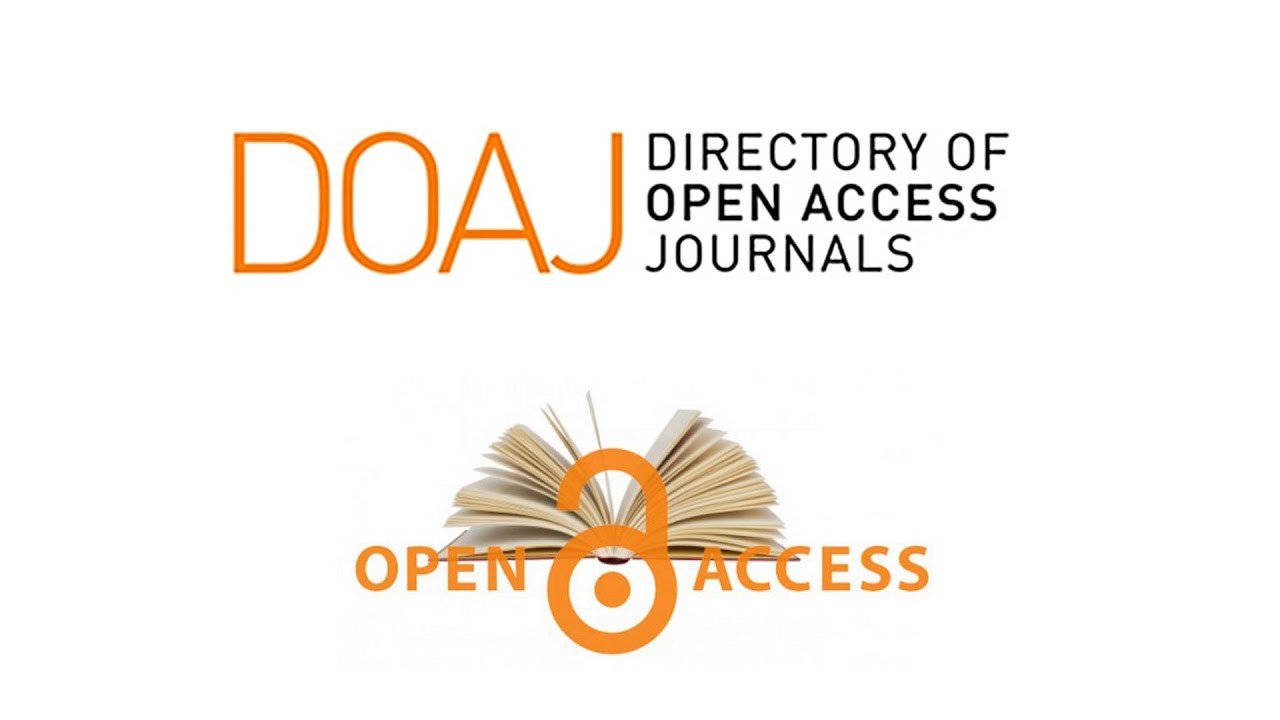The use of NDVI and SPI values in the study of the Drought coefficient of Northern Arabian Gulf region
DOI:
https://doi.org/10.58629/ijaq.v16i2.45Keywords:
Drought, Remote Sensing, SPI, NDVIAbstract
The study was conducted in the northern Arabian Gulf region using monthly rainfall data for the period 2003-2010 to calculate the SPI and a series of annual MODIS images for April of the same year for the calculation of NDVI. Changes in NDVI values were associated with changes in SPI values. The statistical study confirmed a strong and significant correlation between the SPI and NDVI indices at all stations and the highest value was recorded at Boubyan station (0.91). The values of NDVI in the study stations fluctuated with the changes in the annual intervals. The results also indicated the relationship strength and significant between rainfall and the NDVI index and the highest correlation strength at Abadan station (0.88). Based on the results of drought severity classification based on SPI values, the results showed that the study area was characterized by severe drought at most stations and most of the study period, especially in 2007 and 2008, and the lowest in 2003. The results of the study demonstrate the need to use this tool (NDVI) in relation to the SPI index to identify problem areas and thus formulate practical management decisions.Metrics
Metrics Loading ...
Downloads
Published
25-10-2019 — Updated on 28-10-2019
Versions
- 28-10-2019 (2)
- 25-10-2019 (1)
How to Cite
Al-Rubaye, A. A. (2019). The use of NDVI and SPI values in the study of the Drought coefficient of Northern Arabian Gulf region. Iraqi Journal of Aquaculture, 16(2), 115–126. https://doi.org/10.58629/ijaq.v16i2.45 (Original work published October 25, 2019)
Issue
Section
Articles
License
Copyright (c) 2019 Iraqi Journal of Aquaculture

This work is licensed under a Creative Commons Attribution 4.0 International License.










